
Did you know that Chaga mushroom is one of the most healing foods on earth?
Distinctive and mild, with a bittersweet, vanilla-esque flavor - Chaga mushrooms evoke the feeling of earthiness both in appearance and taste.
Chaga mushrooms, often referred to as the "King of Medicinal Mushrooms," have been a staple in natural medicine for centuries, especially in the Northern Hemisphere.
Known scientifically as Inonotus obliquus, these fungi are highly regarded for their incredible health benefits, which have caught the attention of the modern wellness and health industries.
Let’s learn more about this powerful fungus. We will touch upon its origin, uses, benefits, and side effects all in this blog post! You don’t want to miss this!

Chaga mushrooms are not your typical looking mushrooms. Unlike the cap-and-stem structure of common mushrooms, Chaga appears as a black, crusty growth that looks more like a clump of dirt than a fungus. It typically measures around 10–15 inches (25–38 centimeters) in diameter with the inside carrying a tender core with an orange hue.
This exterior, known as the sclerotium, encases the nutrient-rich fruiting body of the fungus, which grows predominantly on the bark of birch trees in cold climates such as Siberia, Northern Europe, Russia, Korea, Northern Canada, and Alaska.
The interior of Chaga is a rich orange-brown color, which is where most of the beneficial compounds are packed. These bioactive compounds include:
When harvested and processed, Chaga is typically ground down into a fine powder, known as Chaga mushroom powder, which can be brewed into tea or added to supplements and other health products.
The use of Chaga mushrooms dates back thousands of years! Indigenous peoples in Siberia and parts of Asia were among the first to use Chaga for its medicinal properties.
Traditional Chinese Medicine (TCM) and Russian folklore both cite Chaga as a powerful element in battling various ailments and boosting overall health.
Historically, it was often used as a natural remedy for digestive health, immune support, and even to boost stamina and longevity.
Legends tell of the mushroom’s magical healing powers, and it was even believed to be a gift from the Gods to help humans maintain vitality.
Its rarity and medicinal value led to Chaga being reserved for royalty in some cultures, making it a highly prized commodity.

Chaga mushrooms love two things - cold climates and birch trees! The latter provides the specific nutrients that Chaga needs to thrive and produce its valuable compounds.
The fungus enters the tree through wounds in the bark and gradually grows over several years, absorbing nutrients from the tree!
Now comes the harvesting part. The harvesting process of Chaga is super important to preserve these nutrients and sew up sustainability. Traditionally, Chaga was harvested by hand, which is still considered the most sustainable method.
Harvesters carefully select mature specimens and cut them from the trees, making sure to leave enough of the fungus behind to allow it to regrow.
Today, as the popularity of Chaga mushroom powder increases, responsible sourcing is more important than ever.
Sustainable practices involve not only careful harvesting to avoid damaging the host trees but also sticking to seasonal collection guidelines which makes sure that Chaga is collected during times when its medicinal qualities are at their peak.
As research into Chaga continues, the mushroom’s profile in the health and wellness industry is likely to grow.
Already, Chaga mushroom powder is being hailed as a superfood, and its traditional uses are being explored and validated by modern science, cementing a promising future for this ancient remedy.
This unique fungus has been used for centuries in traditional medicine and is now gaining traction in the modern health and wellness industry for its impressive list of benefits.
Chaga mushrooms offer a variety of health benefits, especially when added into your diet in the form of teas or chaga mushroom powder. Here are six potential health benefits of consuming Chaga mushrooms:
Chaga mushrooms are packed with antioxidants, making them powerful allies against oxidative stress and inflammation. These properties contribute to various health benefits:
While the health-promoting properties of Chaga are supported by preliminary research, more studies are necessary to fully understand and confirm these benefits, especially regarding its anticancer capabilities.
Beyond its health benefits, Chaga mushroom has found its way into various commercial products:
The addition of Chaga mushrooms into daily health routines and commercial products shines light on its popularity as a valuable natural resource. With ongoing research supporting its health benefits, Chaga continues to be a sought-after ingredient in natural health and wellness solutions.
NOTE: If you want to learn more about what scientific studies have to say about Chaga mushrooms, check this out.

Chaga mushroom powder is renowned for its rich antioxidant levels, which aid in fighting oxidative stress and could accelerate immune function. It is also known for its possible anti-inflammatory effects.
Traditionally, Chaga has been used to promote overall health, better skin condition, and may possess adaptogenic qualities that helps in stress management. Furthermore, Chaga is packed with loads of vitamins, minerals, and nutrients that support overall health and well-being.
Although Chaga is considered safe, it may cause side effects in some people, such as allergic reactions or digestive discomfort. Those with autoimmune disease or diabetes should consult a doctor before using Chaga.
Like all natural supplements, Chaga can also have side effects, especially when consumed in large quantities or over a prolonged period. It is important that you understand these potential side effects before welcoming Chaga into your health regimen.
One of the most significant concerns with Chaga mushroom consumption is its potential interaction with other medications. Chaga has been found to affect blood clotting due to its high content of polysaccharides, which can inhibit platelet aggregation. This poses a risk if you are taking anticoagulant drugs, such as warfarin or aspirin, as it can enhance their effects, increasing the risk of bleeding.
Additionally, Chaga can also impact blood sugar levels, which is particularly important for those on insulin or other diabetes medications. The mushroom’s ability to lower blood sugar might result in hypoglycemia if not monitored closely.
While Chaga's immune-modulating effects are often seen as a benefit, they can be a double-edged sword. If you have autoimmune diseases, such as lupus or rheumatoid arthritis, stimulating the immune system may worsen symptoms. Those with autoimmune conditions should therefore approach Chaga with caution and consult doctors before starting on any new supplement.
Another area of concern is Chaga’s high content of oxalates, which are substances that can contribute to kidney stone formation. If you have a history of kidney stones or kidney disease you should not be consuming Chaga, as it could potentially worsen the condition.
Though generally mild, some people may experience digestive upset, including diarrhea or stomach cramps, especially when consuming Chaga in large quantities. Starting with a small dose and gradually increasing it can help mitigate these effects and monitor how your body reacts to the supplement.
As with any natural product, there is always a risk of allergic reactions. Symptoms can range from mild (such as rashes or itching) to severe (such as anaphylaxis). If you have a mushroom allergy, you should avoid Chaga, and first-time users should start with small amounts to ensure there is no allergic response.
Chaga mushrooms offer impressive health benefits, but it is essential to be aware of potential side effects, especially for those with pre-existing health conditions or those taking other medications.
Consulting with a healthcare provider before starting Chaga, especially if you have concerns about interactions or specific health conditions, is advisable. By understanding both the benefits and risks, you can responsibly use Chaga into your health routines to best effect.
Want to get organic mushroom formulas from mother nature to your front door?
Non-Fungible Mushrooms is your one-stop shop for 100% USDA-certified organic, ethically sourced mushroom extracts. Check out our inventory and revitalize your wellness journey!